The one and only Vitamin produced by our body when in direct contact with sunlight is called Vitamin D. However, 50% of the population may lack sunlight. This is due, in part, to people spending more time indoors, wearing sunscreen outdoors, and eating a Western diet poor in healthy sources of this Vitamin. The minimum daily value (DV) for vitamin D from foods is 800 IU (20 mcg). If you don’t get enough sunshine, your daily consumption should be closer to 1,000 IU (25 mcg).
What is Vitamin D?
When the skin is revealed and exposed to sunlight, the body produces vitamin D. It can also be found naturally in a few foods, such as certain fish, fish liver oils, and egg yolks, as well as enriched dairy and grain products.
Importance of Vitamin D
Vitamin D is a nutrient that the body requires for calcium absorption, bone growth, immune function, and inflammation relief. Vitamin D deficiency can cause rickets, a weakened immune system, an increased risk of cancer, poor hair growth, and osteomalacia. Large amounts of vitamin D can cause the body to consume an excessive amount of calcium, increasing the risk of heart failure and kidney stones.
Since vitamin D is fat-soluble, you must consume fat inability to absorb it. Vitamin D-rich foods include fish, sun-exposed mushrooms, fortified milk, fortified milk substitutes, fortified tofu, fortified yogurt, fortified breakfast cereals, fortified orange juice, eggs, and pork chops.
8 Super Foods that are the best sources of Vitamin D
1. Salmon

It is a common fatty fish that is high in vitamin D. According to the Food Composition Database of the United States Department of Agriculture, one 3.5-ounce (100 g) serving of farmed Atlantic salmon fish contains 526 IU of vitamin D or 66 percent of the DV. The distinction between wild and farmed salmon can be important. Wild-caught salmon contains 988 IU of vitamin D per 3.5-ounce (100-gram) serving or 124 percent of the daily value.
According to some reports, wild salmon contains even higher amounts of iodine, up to 1,300 IU per serving. Farmed salmon, on the other hand, contains just 25% of that volume. Nonetheless, one serving of farmed salmon contains approximately 250 IU of vitamin D or 32% of the DV.
2. The yolk of an egg
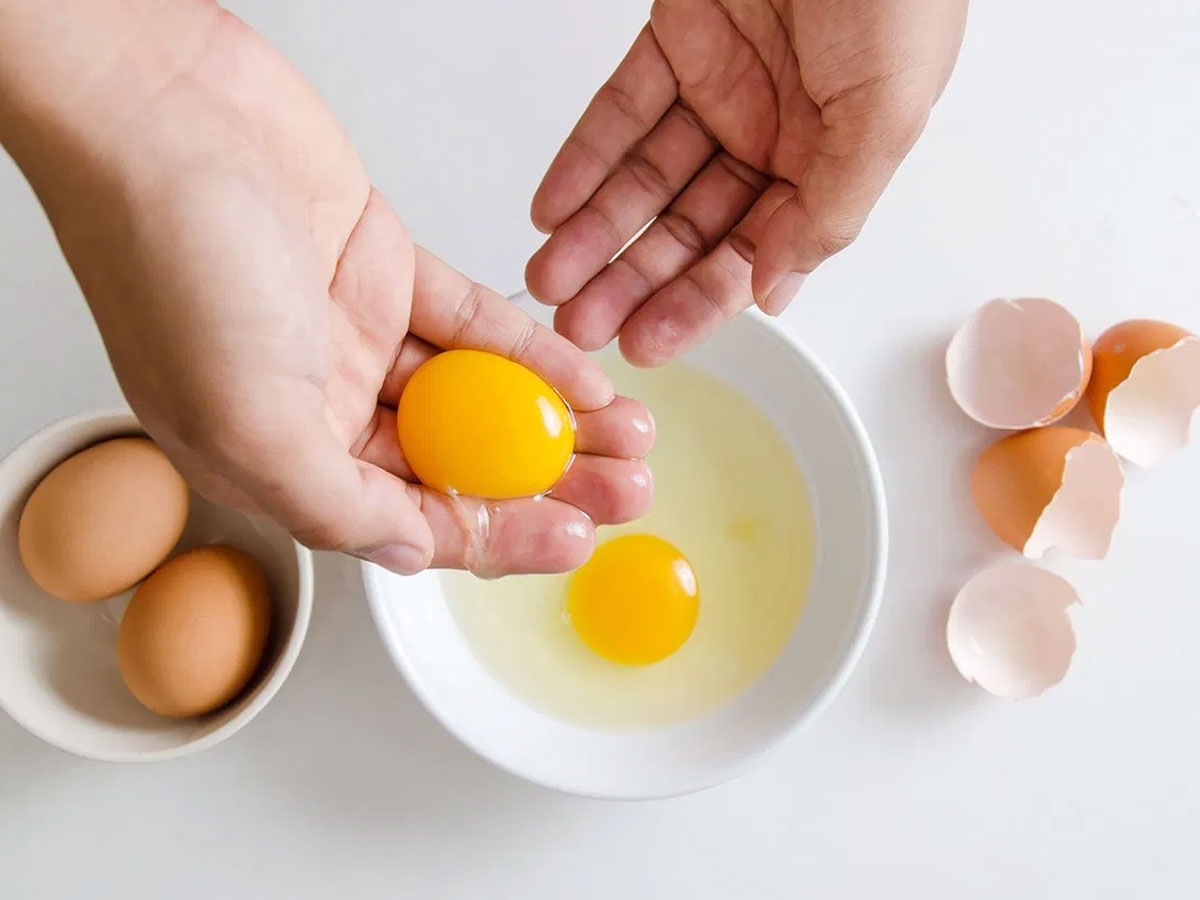
Another explanation why we should still consume the whole egg! Only the yolk of an egg contains vitamin D. Eggs also have all of your essential amino acids and a good source of choline and healthy fats. Choose free-range or pastured eggs whenever possible because they produce 4 to 6 times more vitamin D.
3. Canned tuna
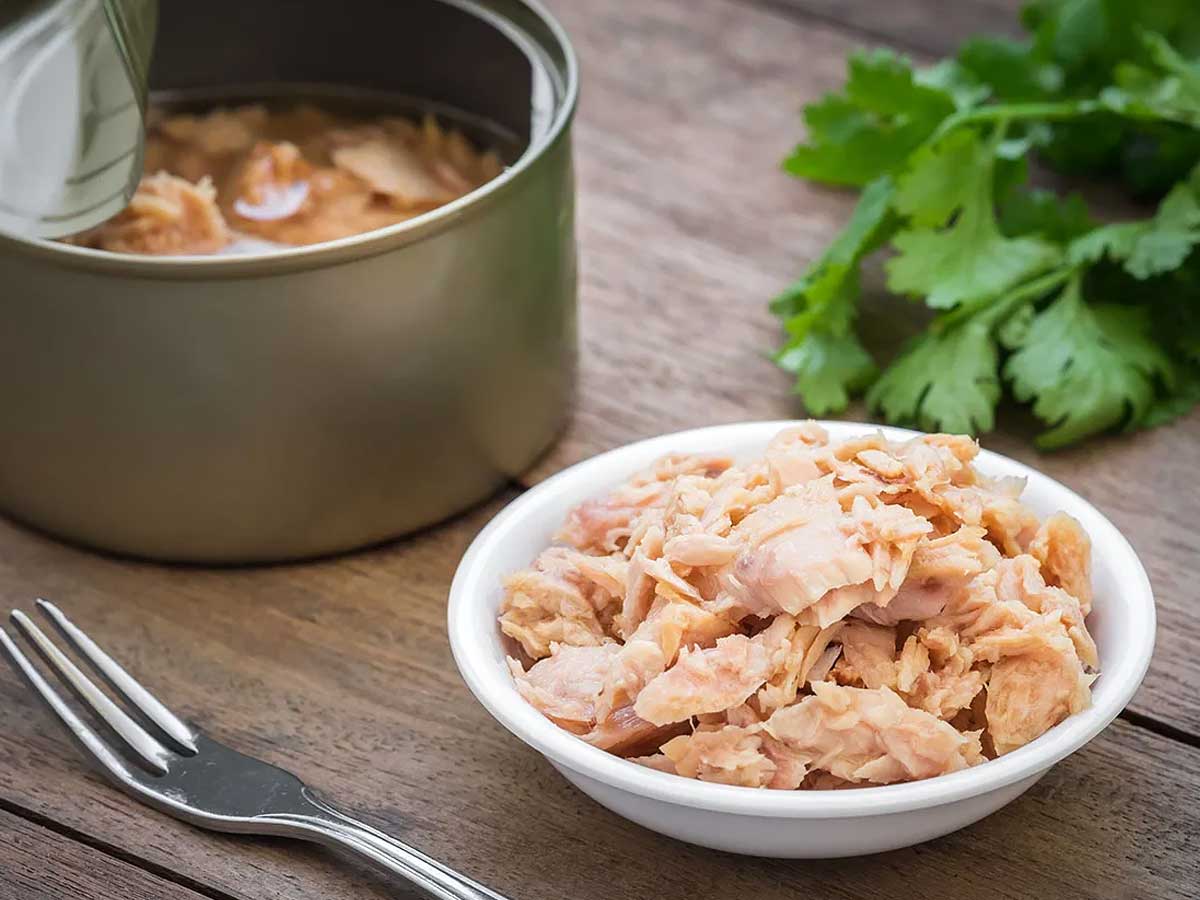
Canned tuna is a convenient source of Vitamin D. Because of its longer shelf life, it’s a perfect pantry staple to toss into meals as a fantastic source of protein. Always select light tuna with the lowest amount of mercury available and ensure it comes from renewable sources. Safe catch and Wild Planet are also excellent choices.
Also Read, 10 Vitamin C rich Fruits and Vegetables to add to your diet
4. The Swiss cheese
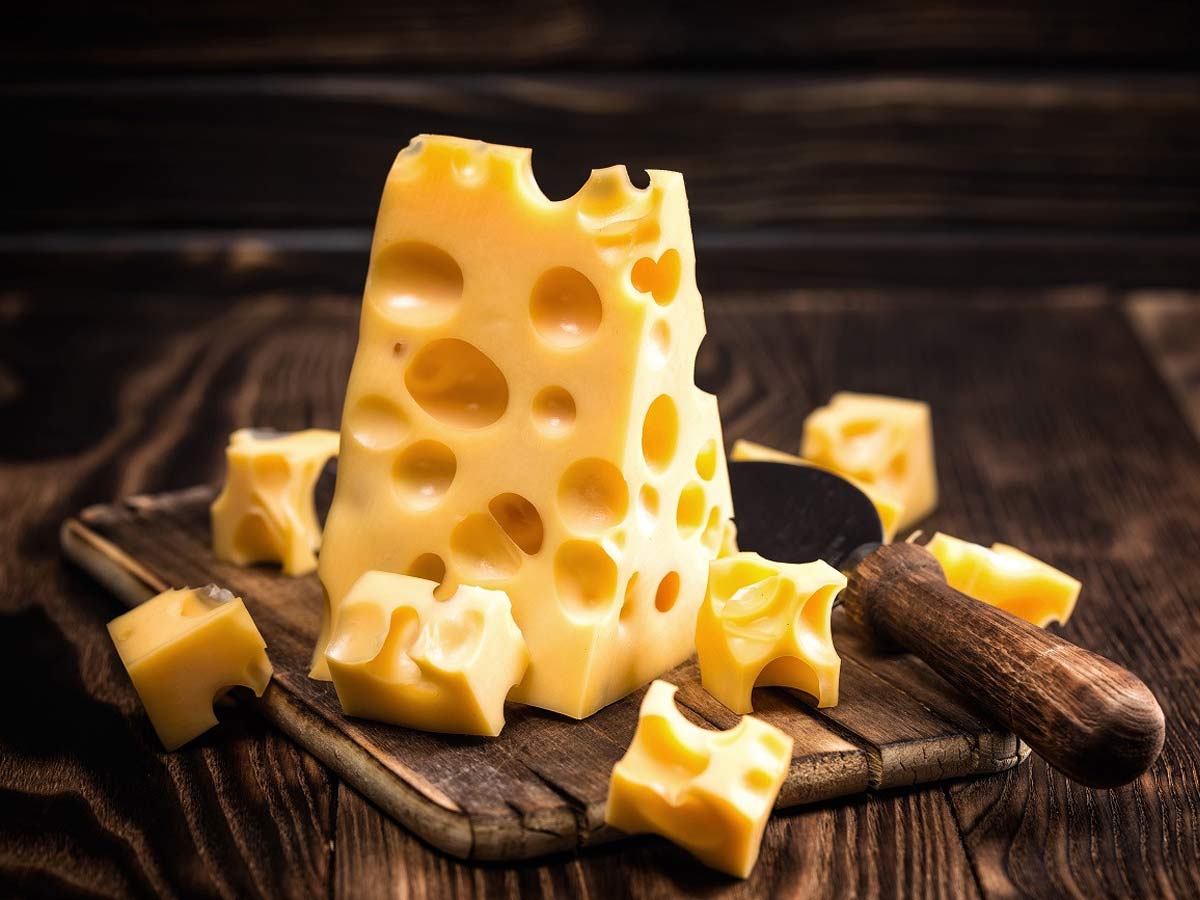
Swiss cheese is another source of vitamin D and calcium, and Vitamin K, all of which work together to keep your bones healthy. Swiss cheese is simple to shred and scatter on salads, toss into vegetables, or bake onto bread. Where possible, purchase organic, raw cheeses.
5. Mushroom

Mushrooms are a tasty source of vitamin D, as well as other B vitamins and potassium. The vitamin D content of various mushrooms, such as shiitake, portobello, morel, and chanterelle, varies. You can also purchase mushrooms that have been exposed to ultraviolet light, which increases their vitamin D levels even further. Incorporating them into salads, omelets, and pasta dishes.
6. Sardines

Sardines are one of the most nutrient-dense seafood, with a high protein content, a variety of essential vitamins and minerals, and anti-inflammatory omega-3 fatty acids. Since they eat plankton, Sardines do not bear heavy metals and toxins like much other fish, making them one of the cleanest seafood sources. Sardines, which can be purchased fresh or canned, are another simple addition to the pantry that provides protein and vitamin D.
7. Orange Juice
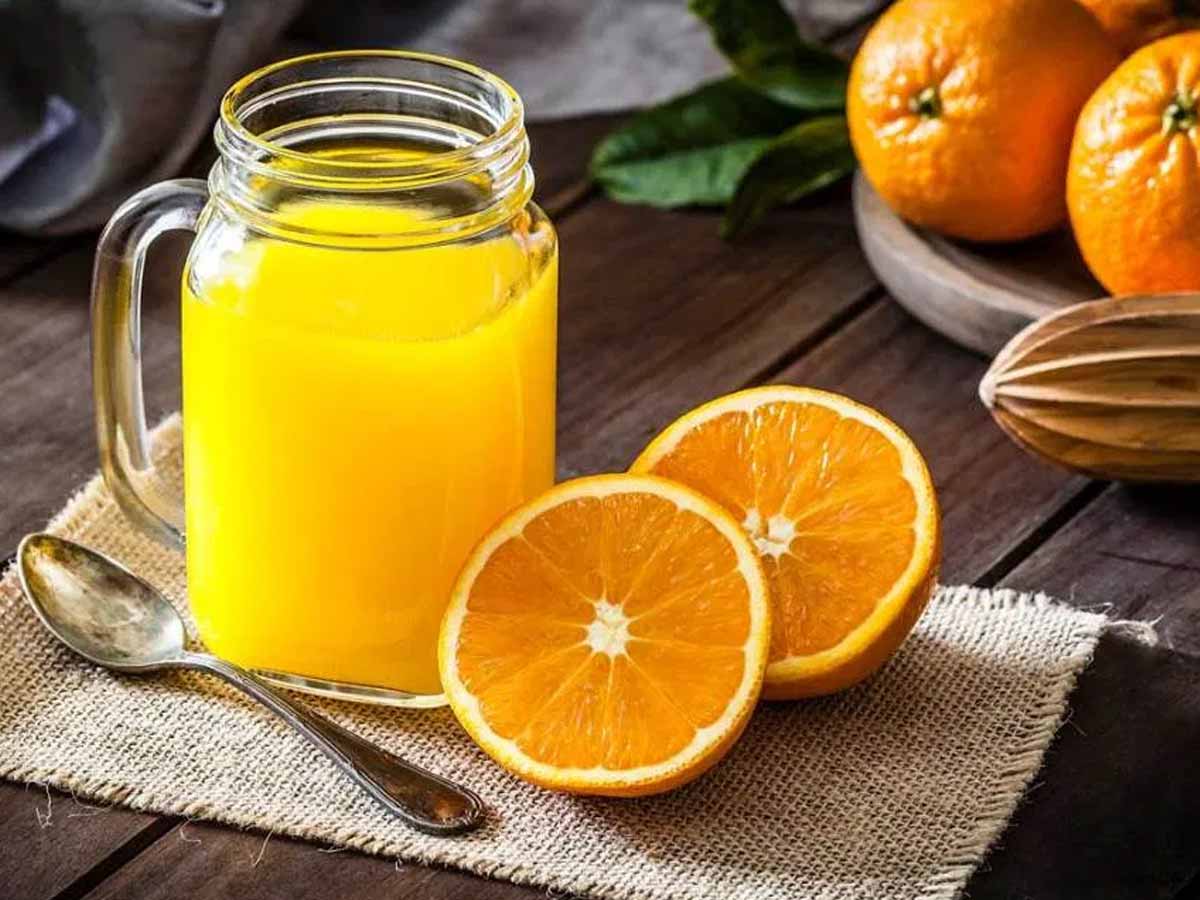
One cup (8 fl oz) of concentrated orange juice can significantly exceed 137 IU of vitamin D to your daily requirement. Serve a glass of orange juice with breakfast or incorporate it into this mango-strawberry smoothie recipe for a tasty and portable morning meal. Remember that it is usually healthier to consume whole fruit rather than juice since the former also provides filling fiber, so drink juice in moderation. Suppose you have a medical condition that requires you to limit your carbohydrate and sugar intake, such as diabetes. In that case, it might be better to get your vitamin D from another source.
8. Cod liver oil
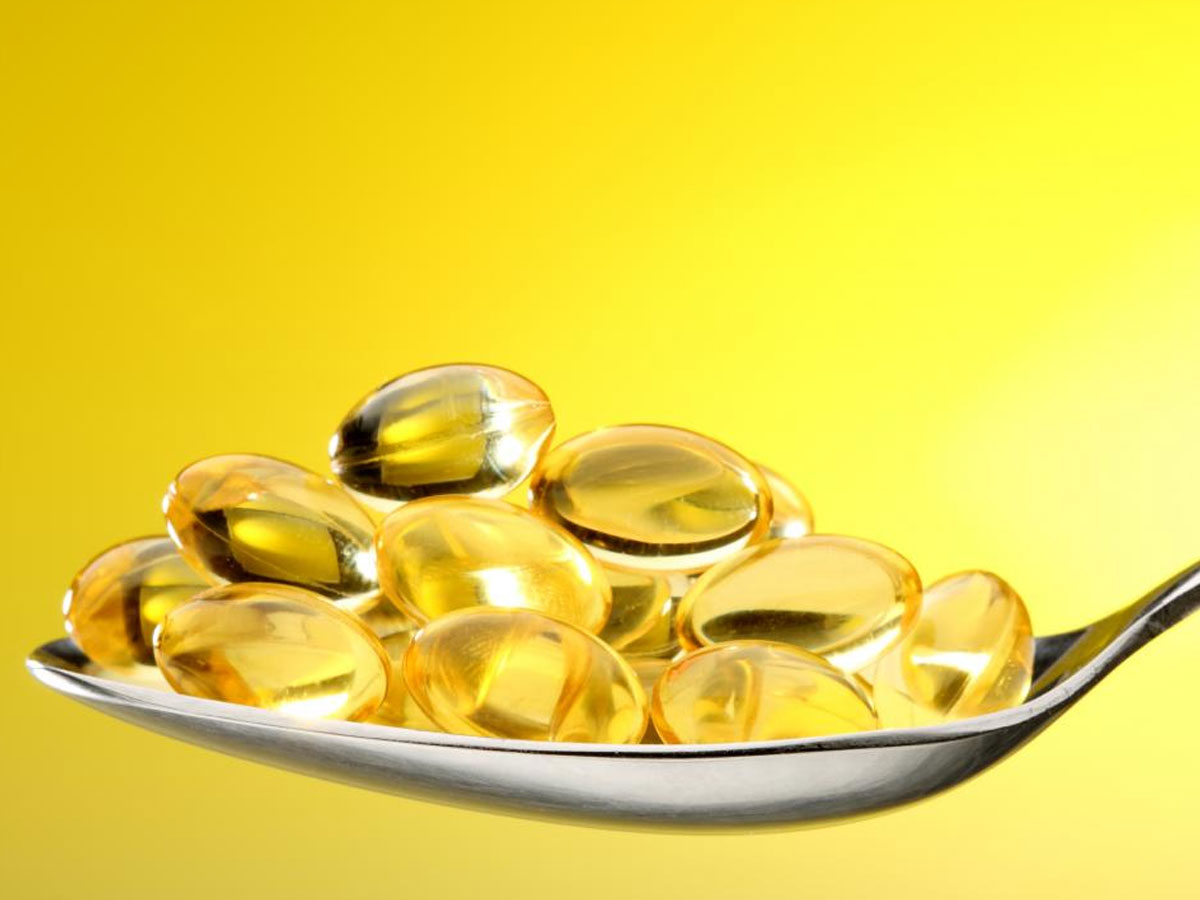
Cod liver oil is a high source of vitamin D and a good source of vitamin A and anti-inflammatory omega-3 fatty acids. If you can’t stand the taste, take it in capsule form.

























